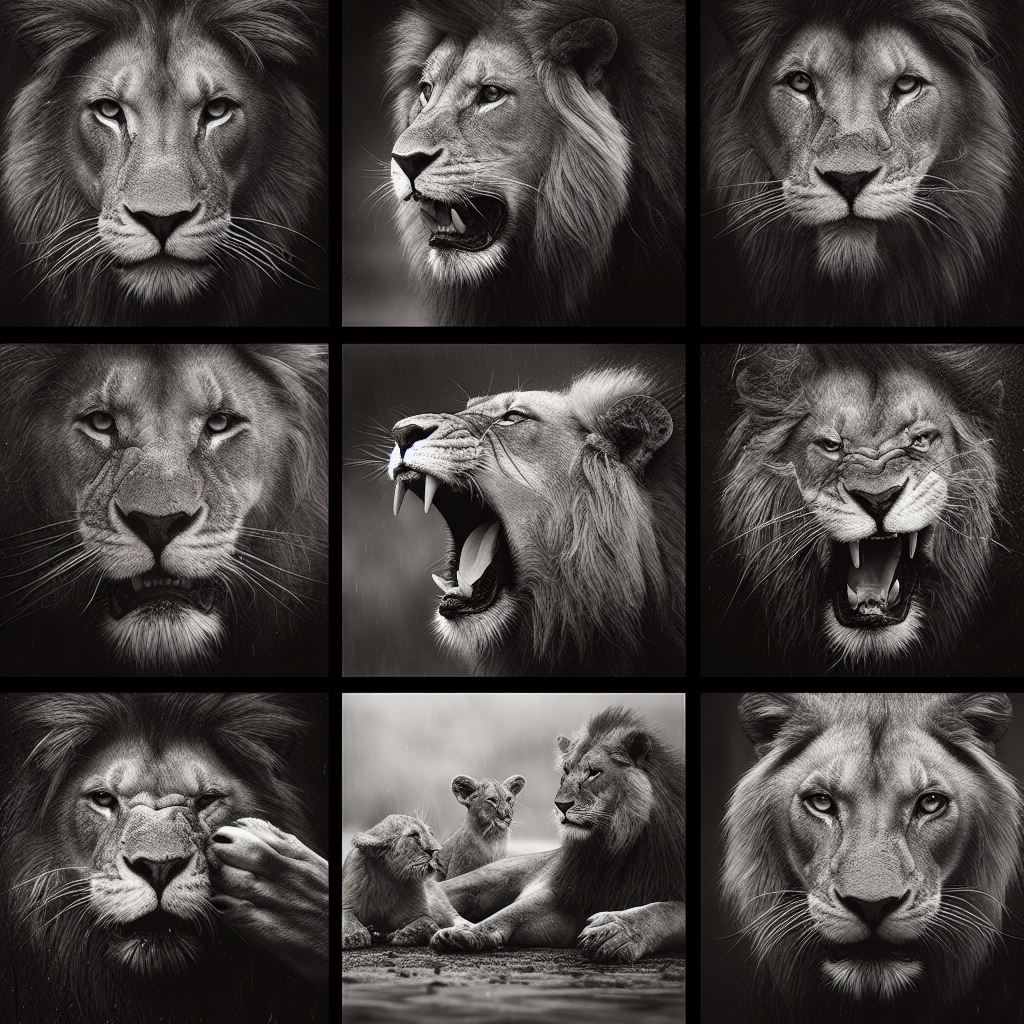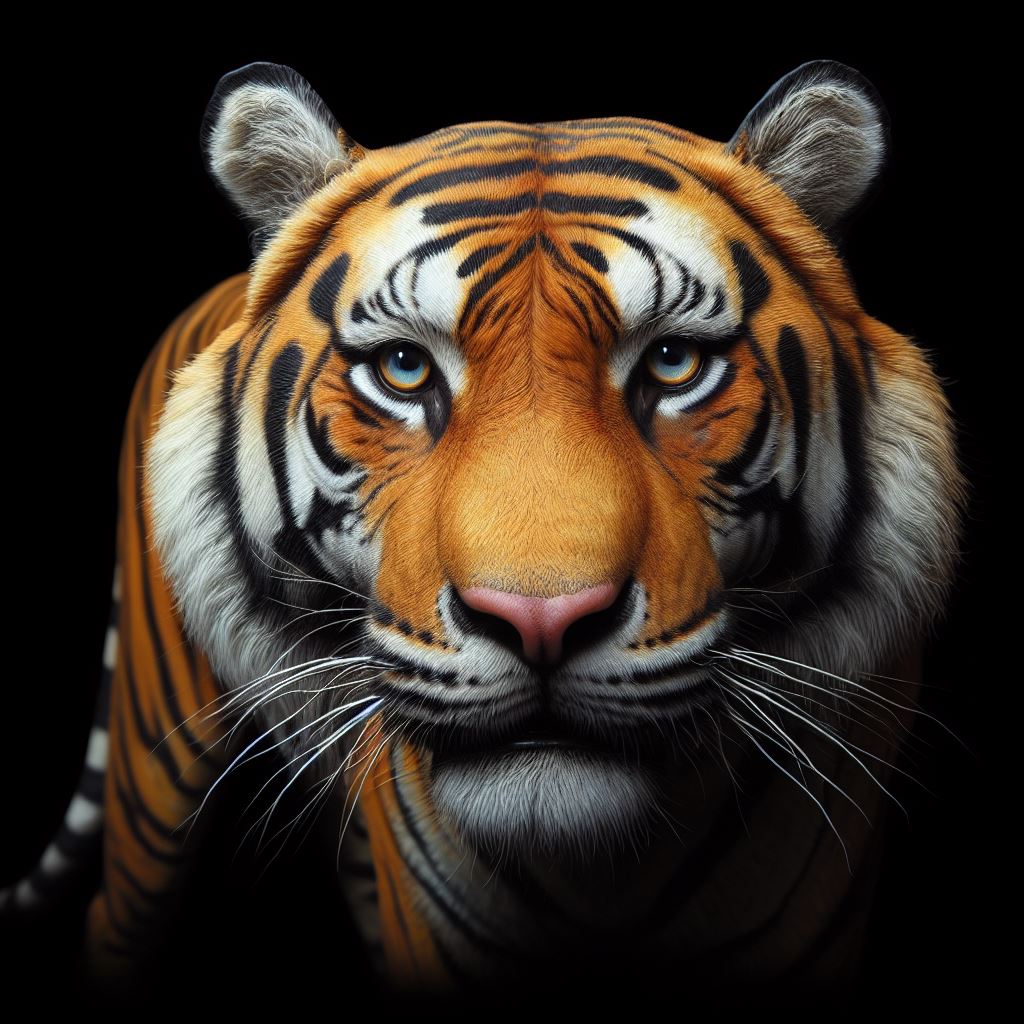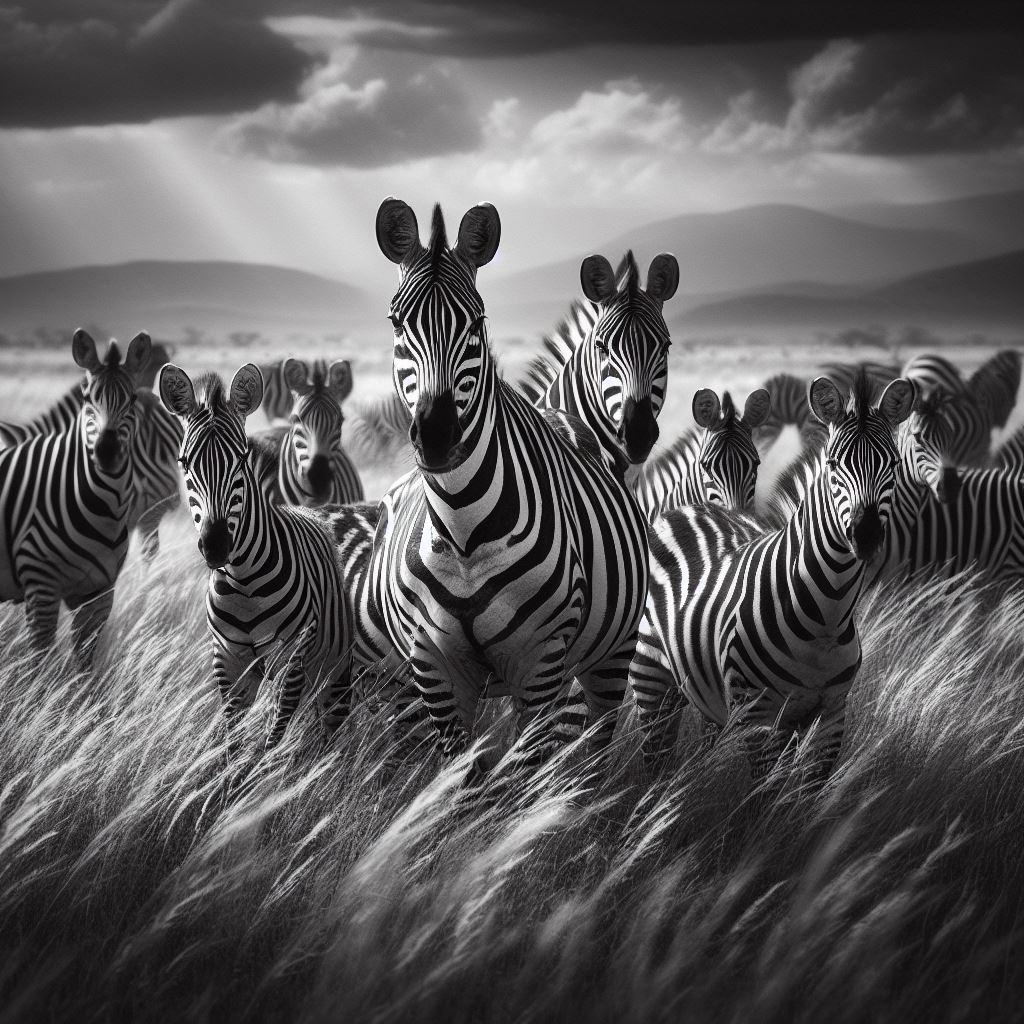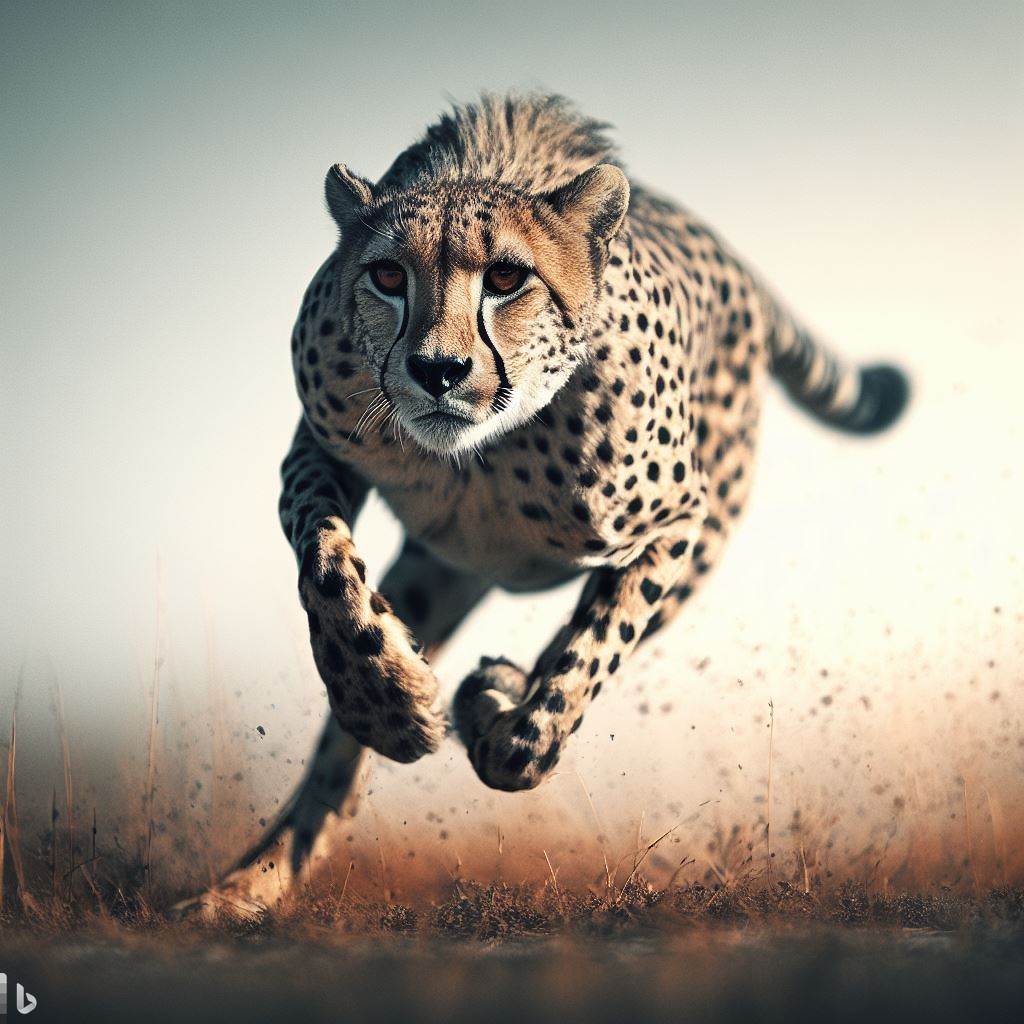As a zoologist who has extensively studied African wildlife, I am endlessly fascinated by the lion, the continent’s noblest and most revered carnivore. From their flowing manes to fierce hunting prowess, everything about lions symbolizes primal power and authority. Yet beneath their regal bearing, emerging science reveals these complex social cats lead intricate, vulnerable lives interwoven with their environment and pride. Through advances in technology and long-term field observations, we continue uncovering surprising new insights into the rulers of the African plains.
Lions are the only cats to live in large, organized social groups called prides. This unique adaptation maximizes hunting success and defense of their territory. Pride hierarchies determine every activity. The resident males guard the pride and establish dominance. Females do most cooperative hunting to provide pride. Research shows that larger prides thrive more successfully, incentivizing lions to maintain a complex group structure.
Studying lions in Tanzania’s Serengeti, I’ve spent years observing pride dynamics. Their social knowledge is evident in every interaction. The lionesses coordinate stealthy attacks using landscape features to encircle and ambush prey. They nurture cubs communally and defend them ferociously. When usurper males oust the resident males, unchecked infanticide eliminates competing offspring. Politics constantly shape the pride’s activities and composition.
Advanced GPS collars now provide deeper insights into the private lives of lions. This technology reveals that males establish far larger territories, up to 500 sq km. Yet collared females avoided the territorial core areas – suggesting they find ways to exert independence despite male dominance. The data also shows surprising vulnerabilities – collared lions were killed entering buffer zones outside protected areas by poaching or human retaliation.
Yet many questions remain unanswered. Why do male lions sport distinctive manes? Do they serve beyond asserting dominance? Could mane uniqueness help lionesses identify primates? What communication occurs through their sophisticated scent markings? As a zoologist, the lion continues to inspire endless curiosity about their complex existence that echoes our struggle for survival amid fierce competition.
For all we can deduce about lions, their spirited essence stays beyond absolute knowing, as with all wildlife. Their presence in our world is a gift to be guarded. As lions captivate our imagination, may they also kindle an abiding conservation ethic so their glorious reign persists for many years. We have the power to ensure the rightful kings and queens of the jungle continue to echo across the African plains – if we choose to protect rather than dominate the complex web of life we share.



